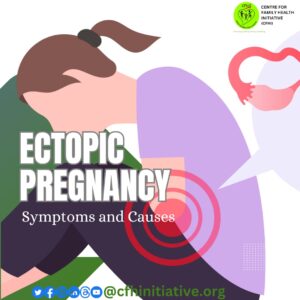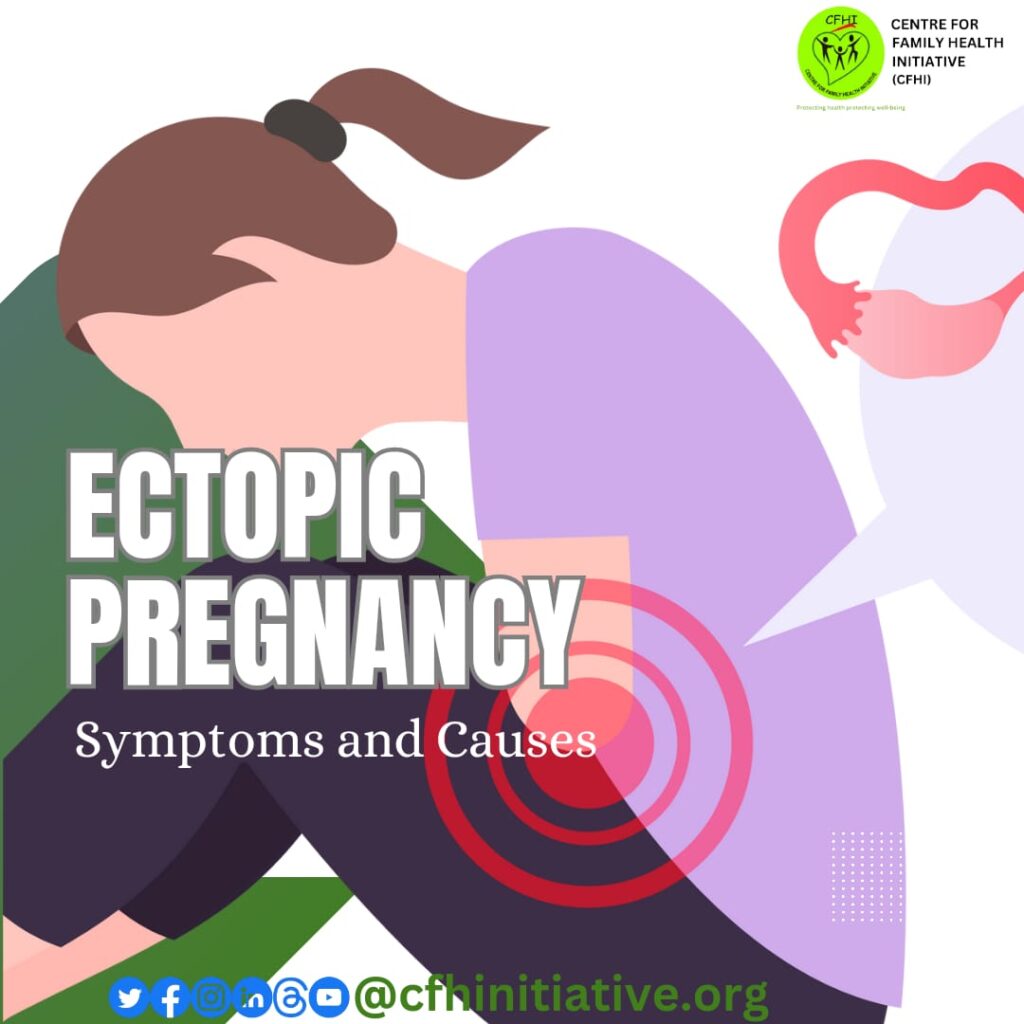Pregnancy is typically viewed as a joyous and natural event, but sometimes complications can arise that require urgent medical attention. One such complication is an ectopic pregnancy, a condition that can pose serious risks to a woman’s health and requires timely intervention.
An ectopic pregnancy occurs when a fertilized egg implants and grows outside the uterus, most commonly in the fallopian tube. However, it can also occur in other areas such as the cervix, ovary, or abdominal cavity. Since these locations are not designed to support the growth of a developing embryo, an ectopic pregnancy cannot progress normally and poses serious risks to the mother. Ectopic pregnancies occur in about 2% of all pregnancies.1
Recognizing the symptoms of an ectopic pregnancy is crucial for prompt medical intervention. Common symptoms include:
Abdominal or Pelvic Pain: Sharp, stabbing pain in the abdomen or pelvis is a hallmark symptom. The pain may be localized on one side.
Vaginal Bleeding: Light to heavy vaginal bleeding may occur, often different from normal menstruation.
Shoulder Tip Pain: This can be a sign of internal bleeding and occurs when blood irritates nerves around the diaphragm, causing referred pain to the shoulder tip.
Weakness, Dizziness, or Fainting: These symptoms can indicate significant internal bleeding and require immediate medical attention.
Gastrointestinal Symptoms: Nausea, vomiting, diarrhea, or pain during bowel movements.
The majority of ectopic pregnancies occur due to conditions that hinder the normal movement of the egg through the fallopian tube.2 This can be attributed to various factors:
Previous Pelvic Surgery: Scar tissue, adhesions, or inflammation resulting from past pelvic surgeries can impede the egg’s journey through the fallopian tube.
Fallopian Tube Damage: Damage to the fallopian tubes, often caused by sexually transmitted infections (STIs), can disrupt the egg’s passage.
Irregular Fallopian Tube Shape: Some individuals are born with fallopian tubes that have irregular shapes, which can interfere with the egg’s movement.
Blockages: The presence of growths or obstructions within the fallopian tube can physically prevent the egg from traveling towards the uterus, leading to an ectopic pregnancy.
Several factors increase the risk of ectopic pregnancy:
Previous Ectopic Pregnancy: Women who have had one ectopic pregnancy are at increased risk of another.
Pelvic Inflammatory Disease (PID): Infections such as chlamydia or gonorrhea can lead to inflammation and scarring of the fallopian tubes.
Previous Abdominal or Pelvic Surgery: Surgeries such as cesarean section or surgery to the fallopian tubes can increase the risk.
Smoking: Women who smoke have a higher risk of ectopic pregnancy.
Early diagnosis of ectopic pregnancy is crucial to prevent life-threatening complications. Diagnostic methods include ultrasound imaging and blood tests to measure pregnancy hormone levels.
Ectopic pregnancy is a serious condition that requires swift medical attention. Knowing the symptoms and risk factors can help women seek timely care and improve outcomes. With advances in medical technology, most women who experience an ectopic pregnancy can go on to have successful pregnancies in the future, but early detection and treatment are essential. If you suspect an ectopic pregnancy or experience any concerning symptoms, do not hesitate to seek medical advice promptly.
References
- https://my.clevelandclinic.org/health/diseases/9687-ectopic-pregnancy
- https://my.clevelandclinic.org/health/diseases/9687-ectopic-pregnancy




